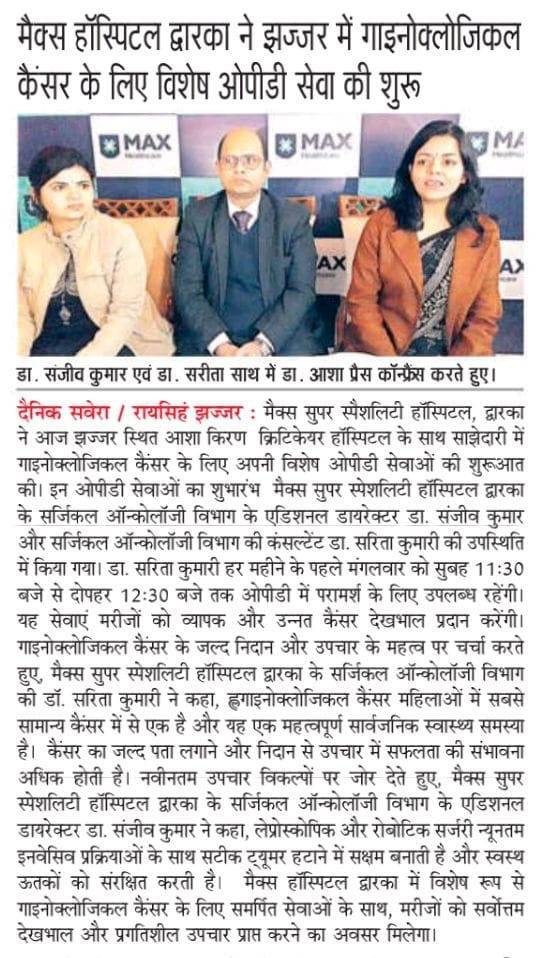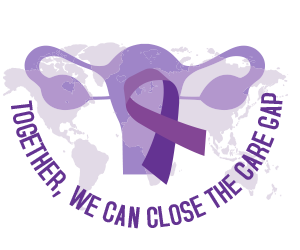Breast Cancer Prevention
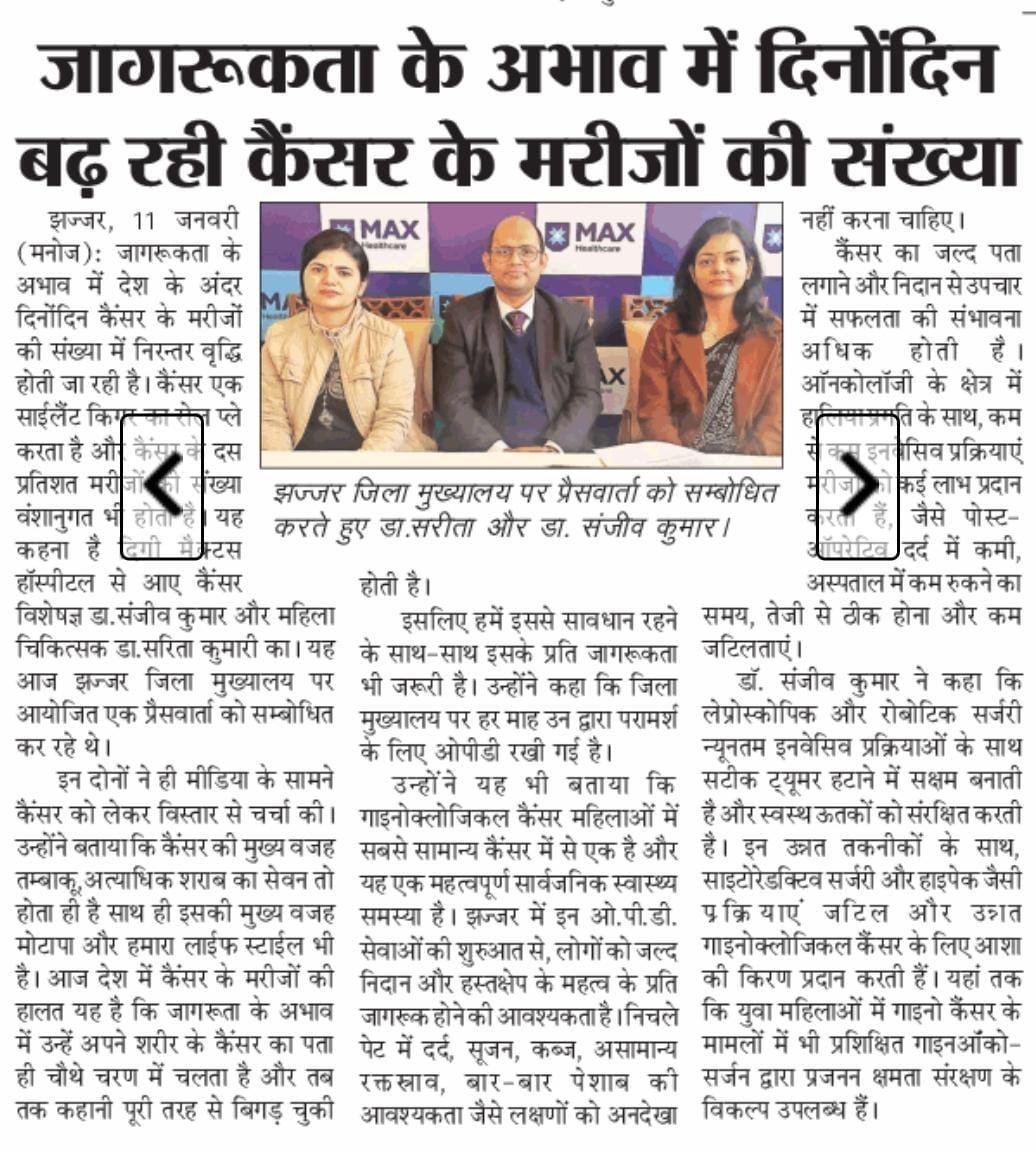
Breast Cancer Prevention: Top 10 Essential Tips to Stay Healthy
Breast cancer is one of the most common cancers in women all over the world, though men can get it too. Although treatment has been made easier by advances in medical technology, prevention is still the most important factor in beating breast cancer. Knowledge of the risk factors, lifestyle changes, and prevention can substantially decrease the risk of this disease. Breast cancer is one of the most common health issues faced by women around the world and the good news is that a lot of it can be avoided. Although no one approach offers complete protection, if you take good care of yourself, are well informed, and live a healthy lifestyle, your risks are greatly minimized. Below are 10 breast cancer prevention tips for you, deconstructed to take control of your own health
Book an Appointment
Understanding Breast Cancer
Breast cancer is caused when malignant cells in the breast start growing out of control and create a tumour that can spread to surrounding tissues or the rest of the body. We don’t know exactly what causes breast cancer, but something like genetic, hormonal, environmental and lifestyle risk factors combine.
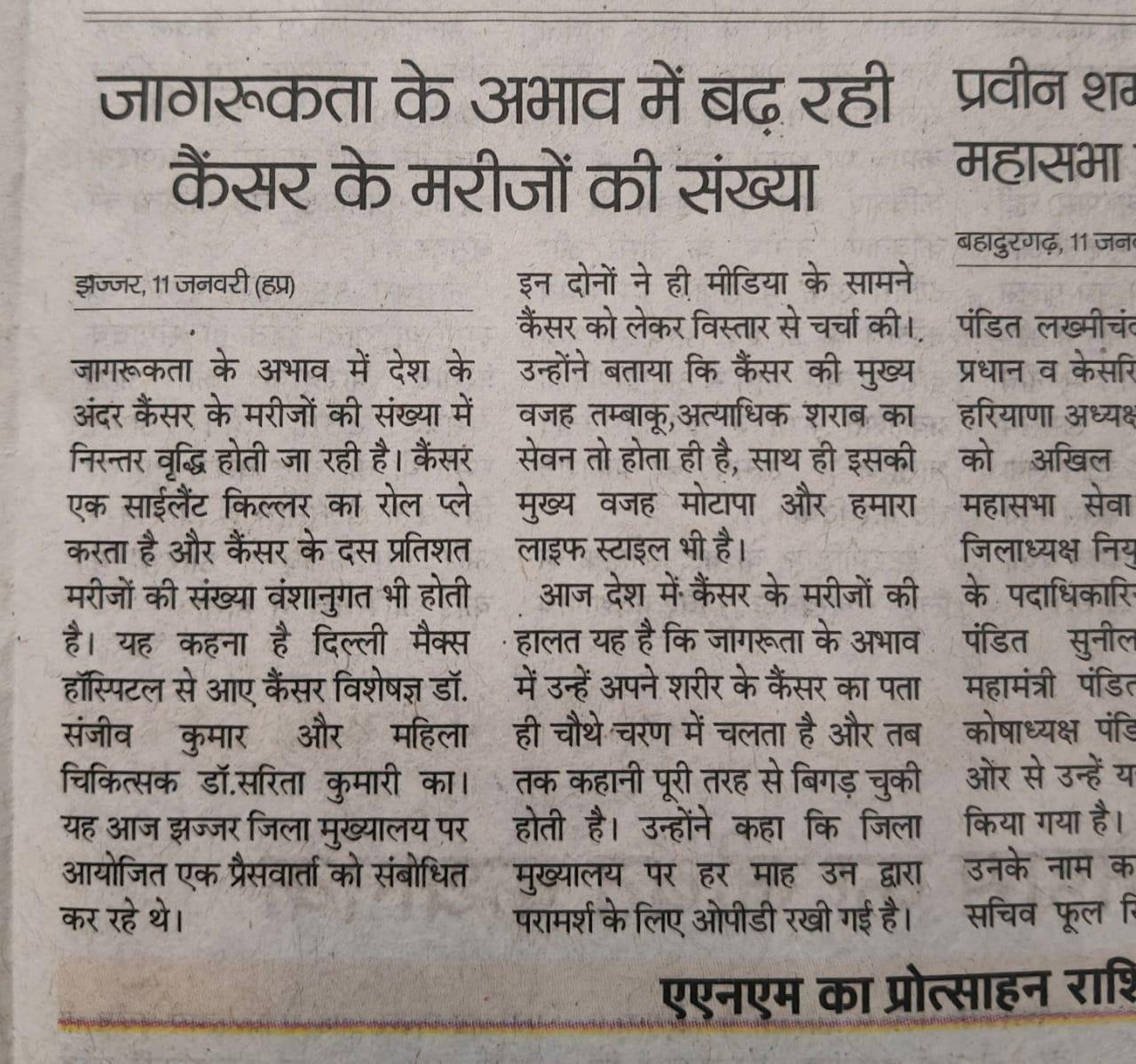
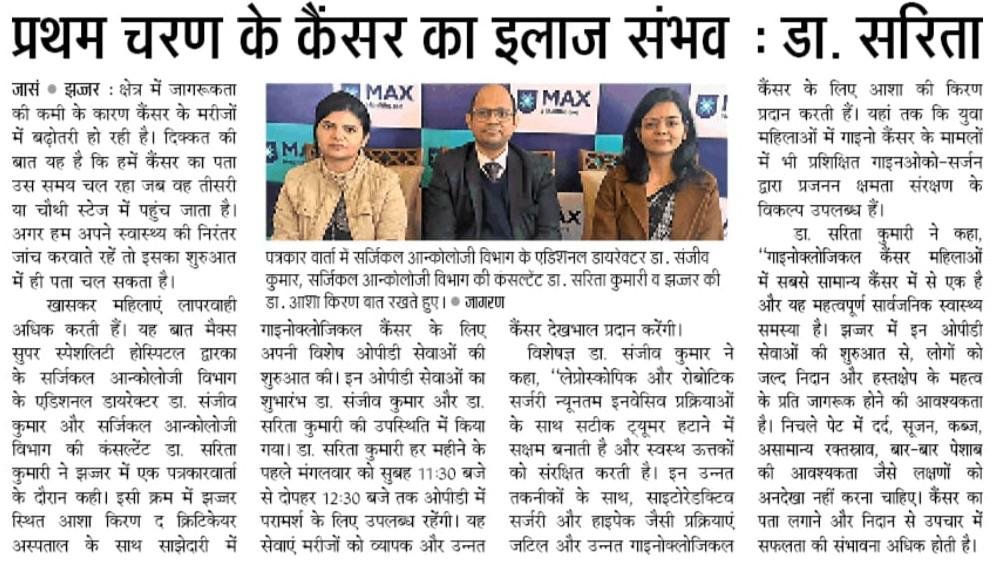
Risk Factors for Breast Cancer
Some risk factors are out of one’s control, but by knowing them you can identify and prevent them. Key risk factors include:
- Age: Breast cancer is more likely to develop at a younger age compared to other cancers, i.e. by the ages of 50-60.
- Genetics: BRCA1 and BRCA2 gene mutation carriers have a heightened risk for breast cancer ranging between 60-90%.
- Family History: If someone close to you had breast or ovarian cancer, the chances are higher.
- Hormonal Factors: Early onset of menstruation (pre-12 years), late menopause (after 55 years) and hormone replacement therapy are risk factors.
- Lifestyle Choices: Smoking, drinking, obesity, and a sedentary lifestyle are risk factors.
10 Tips for Breast Cancer Prevention
1. Focus on a Balanced Diet
A healthy diet greatly helps in cancer prevention. You can take nutrients from all the healthy foods you eat to defend your body from damaged cells. Eat a diet that is mostly plant based, full of fruits, vegetables, and whole grains. Vegetables such as leafy greens, berries and cruciferous vegetables such as broccoli are packed with antioxidants that counter free radicals. Detoxified food, sugary beverages and red meat which are high in cancer risk should be avoided. Rather, get healthy fats from avocados, nuts and oily fish.
Not only is eating conscious and preparing a colourful plate helpful in immunity, but it also helps you stay well.
2. Maintain a Healthy Weight
Being overweight or obese, especially after menopause, is also a major risk factor for breast cancer. Too much fat tissue releases more oestrogen, which can promote the development of some cancers. It is very important to be at a healthy weight by eating well and exercising. Determine your Body Mass Index (BMI) so you can figure out where you are at your ideal weight and how far you can or need to get there.
If you lose a tiny fraction of your weight, say 5-10% of your body weight, your risk can be reduced substantially. Keep in mind that gradual steady is always better than crash dieting.
3. Stay Physically Active
Activeness isn’t only good for your heart and your muscles, it’s also one of the best anti-cancer agents around. Exercise keeps hormonal changes, such as oestrogen and insulin, in check that cause cancer. Try to get 150 minutes of moderate exercise or 75 minutes of vigorous exercise each week.
It can be cool walking, cycling, swimming or dancing. Strength training – lift weights or do resistance exercises, and also twice a week for better fitness. Exercise makes you live longer and prevents most chronic diseases.
4. Limit Alcohol Consumption
Women have a measurable susceptibility to breast cancer through alcohol consumption. Even moderate drinking will put you at risk, as alcohol raises oestrogen and can break DNA in cells. Drink one drink a day or skip alcohol altogether. Opt for watery beverages, like sparkling water, herbal teas, or fruit juices.
Watching your alcohol consumption is a simple but effective way to lower your risk of breast cancer.
5. Quit Smoking
Smoking causes many cancers, such as breast cancer, especially in premenopausal women. Tobacco’s chemicals break DNA and deplete the body’s repair mechanisms for cellular injury. Smoking helps not only decrease your cancer risk, but also helps your lung function, heart health and life expectancy.
And if you are struggling to stop, check out cessation services, nicotine patches, or counselling. Do not breathe secondhand smoke, either, to lower your chances.
6. Breastfeed if Possible
Nursing protects mother and infant. The science has also determined that breastfeeding prevents breast cancer by reducing a woman’s lifetime oestrogen exposure. The more you breastfeed, the better the immunity is. • If you can, breastfeed for at least 12 months on every pregnancy.
Breastfeeding is natural and healthy which encourages the growth of your baby and health benefits for you.
7. Limit Hormone Replacement Therapy (HRT)
Menopause can be treated with Hormone Replacement Therapy (HRT), but taking HRT too long can lead to breast cancer. In combination with oestrogen and progesterone, especially in the long term, there have been increased cancer rates. If you do need HRT, do it at the lowest effective dose for as short a timeframe as possible.
Discuss other options with your doctor including non-hormonal medications or lifestyle adjustments for treating menopausal symptoms. Revision your HRT regimen regularly to see if it still applies.
8. Get Regular Screenings
The first-degree cure of breast cancer can be achieved through early detection. The breast can be screened regularly, for example, with mammograms, and cancers could be detected long before symptoms. Women 40 years of age and older should consult their doctors to have annual or biennial mammograms, if they are at high risk.
Also, doing monthly breast self-examinations can get you used to how your breasts normally look and feel so you will be able to see when things have changed.
9. Understand Your Family History
A breast cancer risk assessment involves knowing the medical history of your family. If you have family members with breast or ovarian cancer, like your mother, sister, grandmother, etc. Genetic counselling and mutational testing (of genes such as BRCA1 or BRCA2) might help.
If you have a genetic mutation, screenings, lifestyle or surgery might be prescribed to protect you.
10. Reduce Exposure to Environmental Toxins
Polluting chemicals in the environment – pesticides, plastics and industrial dust – can mimic hormones and disrupt natural processes. Refrain from ingesting these toxins, using natural or organic ingredients whenever possible. - Do not use BPA-free plastics, instead use glass or stainless-steel jars. Wash fruits and vegetables in a running tap to get rid of pesticides.
It’s also possible to switch to natural cleaning and personal care products, to avoid potentially harmful chemicals.
The surgeon Sarita Kumari is one of the best candidates for breast cancer screening and her expertise coupled with warmth is second to none. Dr. Sarita Kumari is one of the best genetic counselors in India with a well-known qualification of MBBS, MD and MCh in Gynecological Oncology from AIIMS, New Delhi. She has worked on cancers of various kinds and, beyond her impressive schooling, she’s specialised all over the world. Having extensive experience in genetic counseling for gynaecological cancers, Dr. Sarita Kumari is available to help individuals seeking preventive breast cancer advice. And if you are looking for a "genetic testing counselor near me," she is one of the most credible and caring professionals you can find to help protect your health.
Being aware and taking better care of ourselves is how you can avoid breast cancer. Though there are things we cannot do – like being genetic or old – most risks can be managed in the long run. If you eat well, exercise regularly, have a healthy weight, and do not smoke or drink alcohol, then you’re much less likely to get breast cancer.
